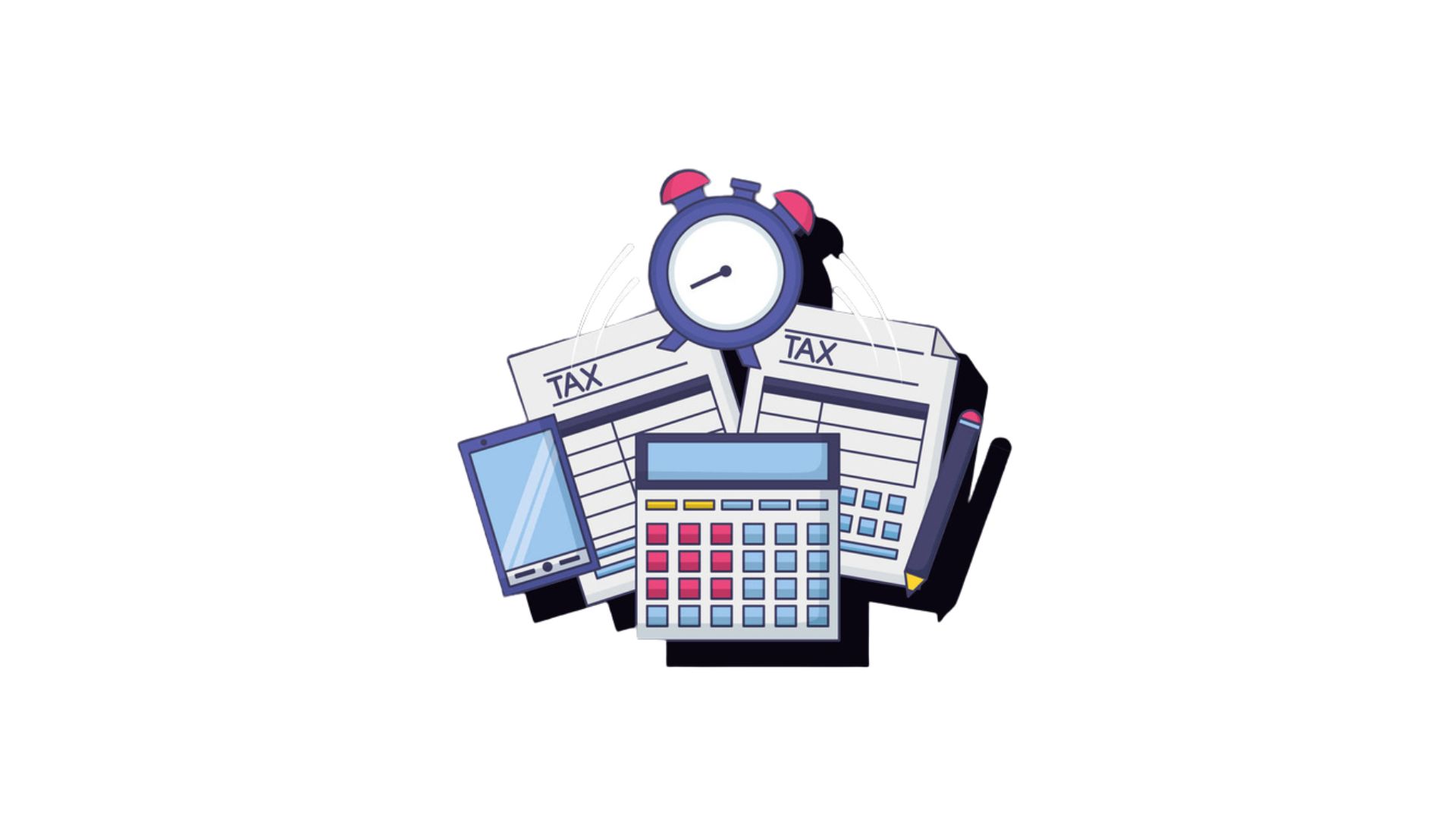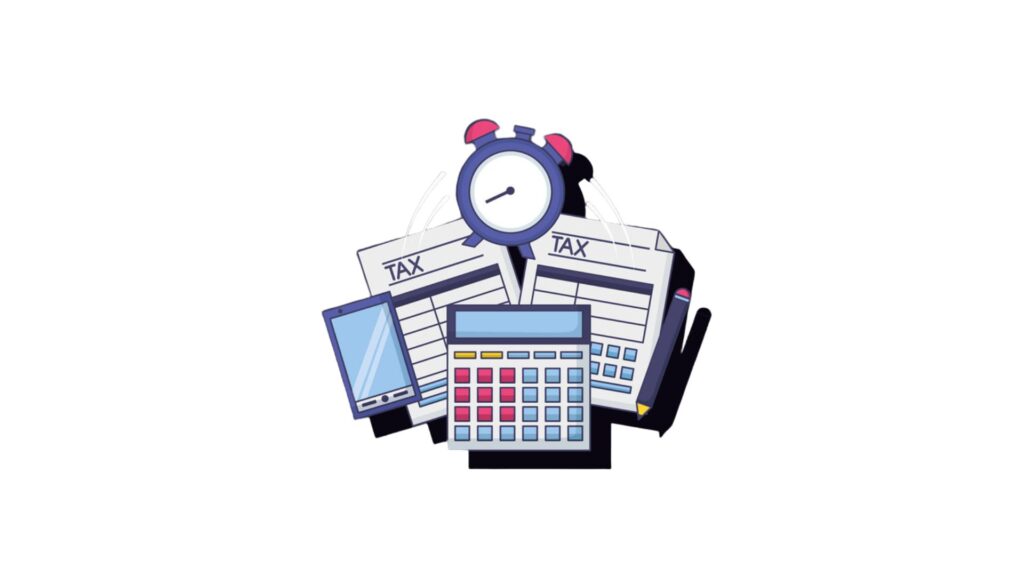
09 Jul Budget 2024: Proposed Amendments to Advance Tax Provisions for Freelancers and Non-Salaried Individuals

The Income-tax (I-T) Act mandates the payment of advance taxes if a taxpayer’s liability exceeds Rs. 10,000. Under Section 234C, interest is charged for a full three-month period until the next installment date, which can be unfair for certain groups, like gig workers. Will Budget 2024 introduce an amendment to address this issue?
Salaried individuals can disclose their total income, including non-salary portions like bank interest and rent, to their employer, who will then deduct tax at source each month. If they don’t, they must ensure that advance taxes are paid since the tax deducted by the employer may not cover the entire liability. Non-salaried individuals must compute and pay their own advance taxes.
The process is as follows: estimate total income for the financial year, deduct eligible exemptions and deductions based on the chosen tax regime, subtract tax deducted or collected at source, and compute the estimated tax. If the tax amount exceeds Rs. 10,000, advance tax obligations apply.
Due dates for advance tax payments:
- June 15: 15%
- September 15: 45%
- December 15: 75%
- March 15: 100%
Small taxpayers using the presumptive taxation scheme under Section 44AD (businesses) and 44ADA (professionals like doctors and lawyers) can pay their entire advance tax in one installment by March 15. Additionally, senior citizens not earning income from business or profession are exempt from paying advance tax.
The first installment is due within 75 days of the new financial year. Gig workers and those without steady salaries, who haven’t opted for or are ineligible for presumptive taxation, find it difficult to estimate their annual income early on. Many moonlighters, who take on small assignments for extra income, avoid the presumptive tax scheme that requires 50% of gross revenue to be taxed. Additionally, capital gains from future asset sales cannot be predicted and should be included in the following advance tax installment.
An expert notes, “The rise in income opportunities for freelancers and new entrepreneurs makes it hard to predict annual income early in the financial year.”
Interest for a three-month period:
Taxpayers face a 1% monthly interest under Section 234C for defaults until the next installment date. Even a one-day delay can result in a three-month interest charge. For example, if Mr. A should have paid Rs. 15,000 by June 15 but paid only Rs. 5,000, the shortfall is Rs. 10,000. Interest under Section 234C would be Rs. 300 (1% for three months).
The expert adds, “The penalty structure is stringent. Even a one-day delay in the first three quarterly installments results in a 3% interest charge for the delayed quarter. A more nuanced approach is needed. For instance, if the June 15 installment is paid by July 14, a lower interest rate of 1% could be applied instead of the punitive 3%, providing a buffer period and easing the burden of unforeseen delays.”
Need for increased threshold limit:
The Bombay Chartered Accountants’ Society (BCAS) has highlighted in their pre-budget memorandum that the Rs. 10,000 threshold limit was last amended by the Finance Act, 2009. Due to inflation, this limit should be increased. The 2016 budget introduced the requirement for non-corporate taxpayers to pay advance tax in four installments, a rule previously applicable only to corporate entities. The law should be amended to remove this requirement for individuals.
Before this amendment, advance tax due dates were:
- September 15: 30% of the tax liability
- December 15: 60% of the tax liability
- March 15: 100% of the tax liability
“To streamline tax compliance and incentivize participation in the evolving economy, broader relaxations from advance tax provisions for specific taxpayer categories are warranted. This includes freelancers, whose income is tied to project availability and market fluctuations, making income estimation difficult. Early retirees below 60 years, who generate income from various sources, could also benefit from such relaxation,” suggests the expert.
He also suggests simplifying the advance tax framework and deferring advance tax liability for the first two quarters (Q1 and Q2) for individuals and new entrepreneurs. This would alleviate the burden of early and potentially inaccurate income estimation, enhance cash flow management for new businesses, and create a more supportive environment for taxpayers.


No Comments